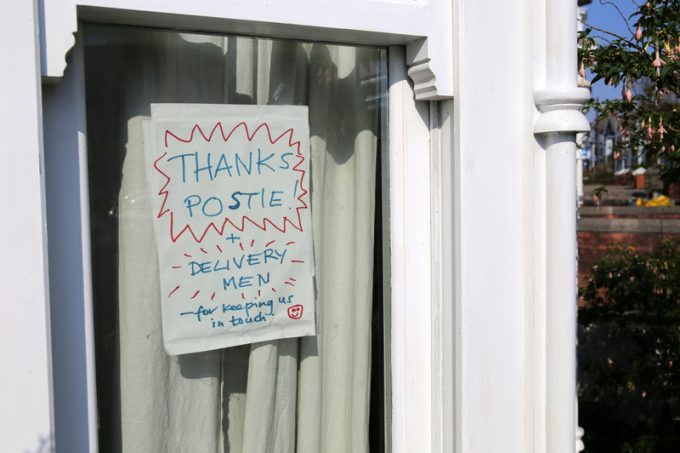The parcel empires strike back as smaller players take stock
Over the past couple of years small parcel carriers have gained ground, as behemoths FedEx, ...

Spiking e-commerce volumes are putting private and public parcel carriers under strain, prompting some desperate measures.
This month the Swiss postal service announced it “could not cope” with the volume of parcel traffic and would limit daily volume allocations for its 100 largest customers.
It had already expanded sorting activities to Saturdays, but evidently this was not enough to process the surging traffic.
According to DHL Parcel Germany, volumes kept rising and have reached levels normally seen in the run-up to Christmas, and ...
Trump tariffs see hundreds of cancelled container bookings a day from Asia
Macron calls for ‘suspension’ – CMA CGM's $20bn US investment in doubt
De minimis exemption on shipments from China to the US will end in May
Forwarders stay cool as US 'liberation day' tariffs threaten 'global trade war'
Mixed response in US to 'Liberation Day', while China leads wave of retaliation
Tariffs and de minimis set air freight rates on a volatile course
Overcapacity looms for ocean trades – with more blanked sailings inevitable
'To ship or not to ship', the question for US importers amid tariff uncertainty


Comment on this article